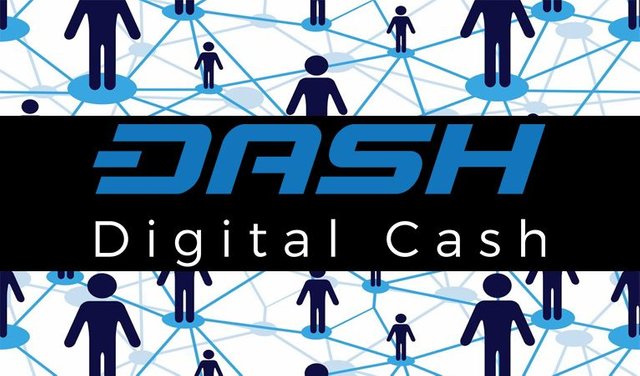Why and How to Buy Dash Peer-to-Peer

A high percentage of Dash trading volume flows through large centralized exchanges, which are the primary method consumers use to buy and sell. However, other services exist that allow this to transpire in a much more decentralized fashion. Here is why, and how, you should be buying and selling your Dash peer-to-peer.
Why
Regulation/centralization risk
The main reason to use a peer-to-peer service is to avoid risks associated with centralization, namely that the service can be centrally shut down, hacked, or otherwise hampered due to its single point of failure. Peer-to-peer platforms, while some of them have elements of centralization, nonetheless have much fewer factors, such as liquidity or holding customer funds, that can go wrong, making them less at risk of going under.
Universal access
Exchanges may only operate in certain countries, and for whatever legal or logistical reasons may never become available universally. With a peer-to-peer exchange, the consumer base is able to play a direct hand in creating functionality, providing both liquidity and demand in whatever region is lacking. This allows Dash to spread more quickly in underserved areas if there is an upsurge in demand.
Privacy
The biggest factor for traders in parts of the world where the above two aren’t applicable is privacy. Many buyers and sellers of cryptocurrency may not want their legal and financial identity associated with their crypto transactions. While centralized exchanges are forced to collect customer documents as part of AML/KYC regulations, peer-to-peer platforms are not, making them the preferred choice of those who value their privacy.
How
Wall of Coins
A service which allows for peer-to-peer trading for both Bitcoin and Dash for fiat currency, Wall of Coins acts as an escrow service to hold cryptocurrency until both parties confirm the transfer. Wall of Coins runs almost entirely on cash counter deposits at banks, though supports some extra features such as Mobile Money in Africa and cash in the mail in the US. Additionally, Wall of Coins submitted a successful treasury proposal to have its service included directly in most major Dash wallets, which will make it the first method of buying Dash that most users will see.
Bisq
Formerly Bitsquare, Bisq is a trading platform that supports various crypto currencies. While similar to Wall of Coins in that they both leverage bank transfers, Bisq is unique in that it uses a client rather than a website, offering a much more Bittorrent-like experience rather than running off a centrally-run website like Wall of Coins. While limited to transfers using the banking service, Bisq also offers trading between different cryptocurrencies, providing an alternative to the more centralized ShapeShift.
Dashous/DashNearby/LiberalCoins
Finally, Dashous, DashNearby, and LiberalCoins are sites that facilitate peer-to-peer trading. They are both meant to simulate an experience like using LocalBitcoins, the leader in peer-to-peer trading for Bitcoin. Dashous is a very basic site that allows buyers and sellers to place orders, without any extra functionality like escrow services. DashNearby and LiberalCoins include an escrow service, ratings system, and other features. All, however, have very limited activity at this point in time, though the benefit of peer-to-peer platforms is that they can fall into wide use without any top-down change of direction.